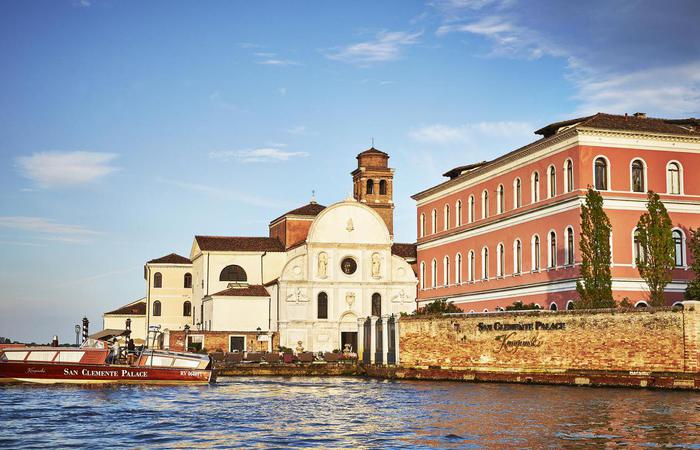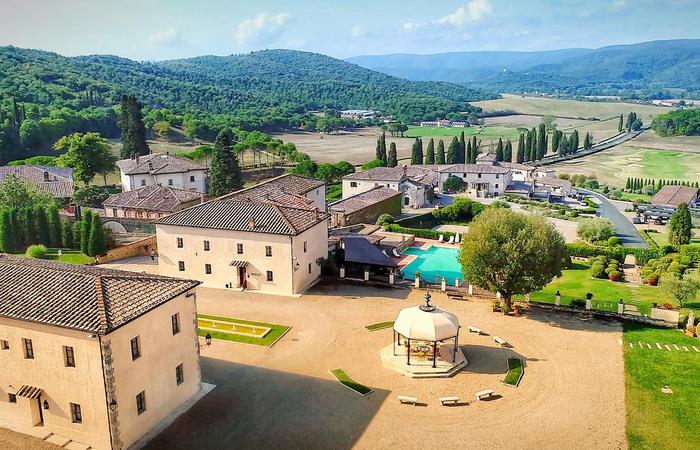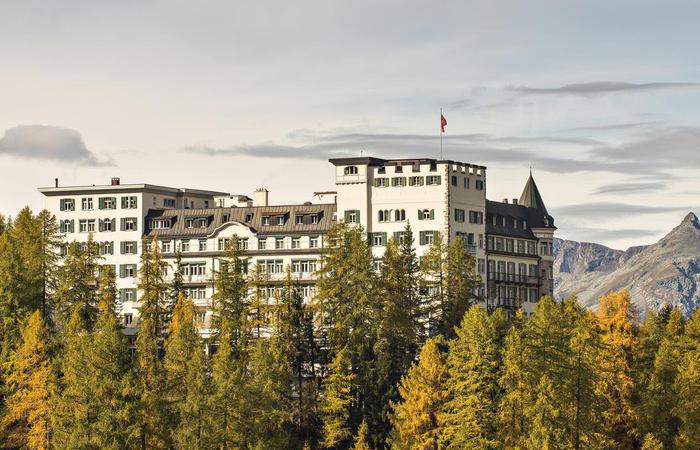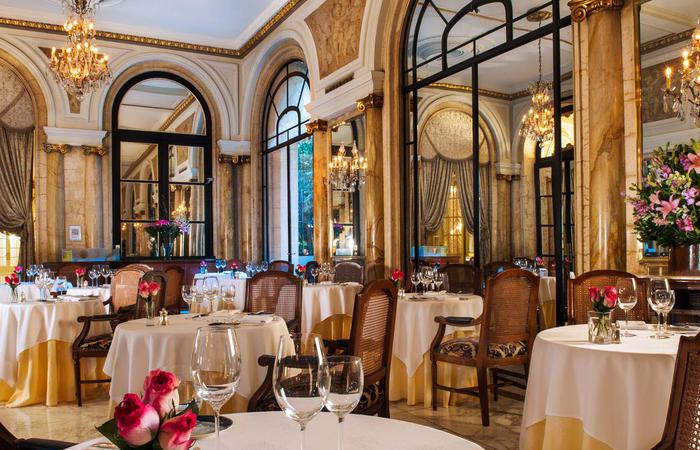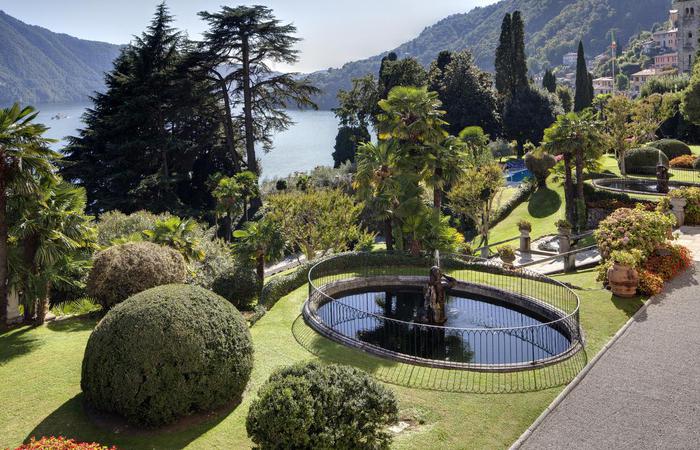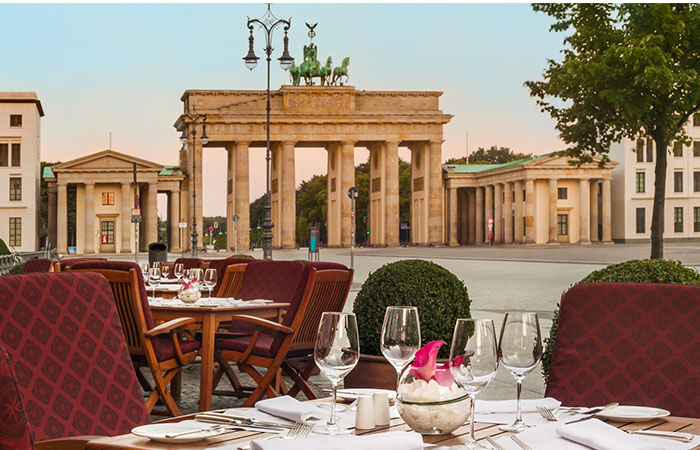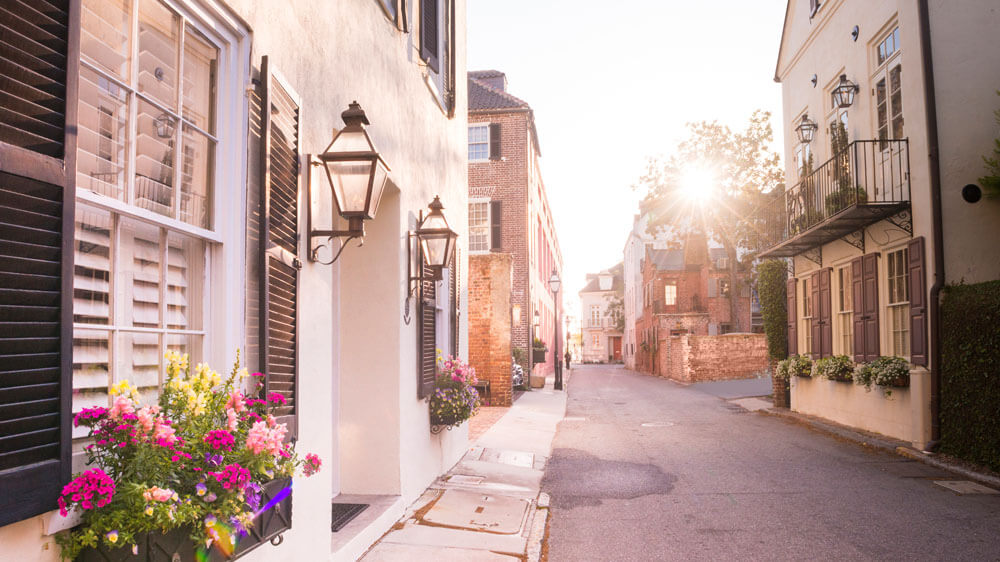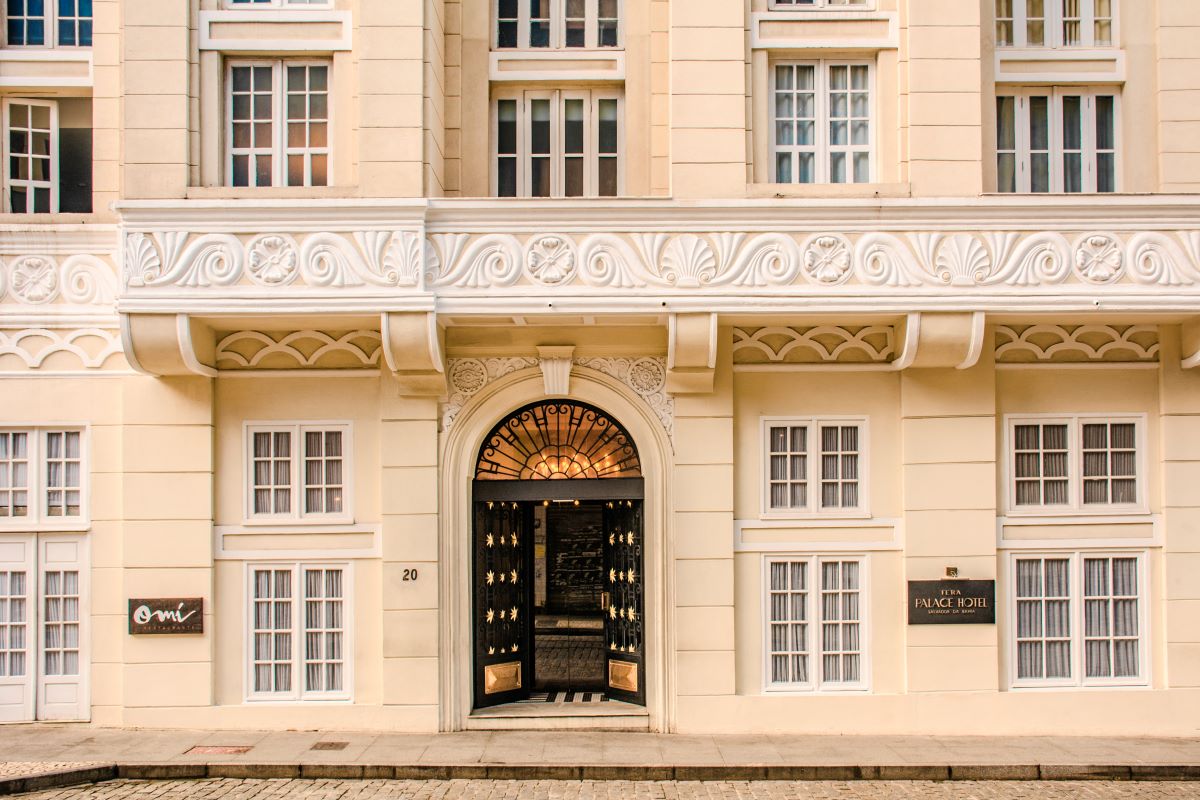Receive for Free - Discover & Explore eNewsletter monthly with advance notice of special offers, packages, and insider savings from 10% - 30% off Best Available Rates at selected hotels.
taste
- Sample the Afro-Brazilian fusion of flavors at Omí Restaurant, which dishes up contemporary Bahian cuisine crafted with local ingredients. Incorporating both ingredients and culinary traditions from West African, European, and Caribbean cultures, this gastronomic meeting of the minds is a slice of Salvador’s colonial past. One dish diners can try that offers a true taste of history is acarajé, a street food favorite that was officially recognized in 2017 as a vital aspect of the country’s cultural heritage. Rooted in countries like Nigeria, Benin, and Togo, these fried cakes are made with a mash of black-eyed peas and onions and then stuffed with flavorful shrimp and a paste made of cashews and coconut milk. This handheld dish is traditionally sold by female street vendors called baianas, who are known for their all-white dresses and are icons in their own right. The sale of acarajé by baianas dates back to the 19th century, when the women used the proceeds from each sale to purchase their family’s freedom. Other Bahian favorites restaurant guests can enjoy include moqueca, vatapá, and lots of fresh seafood.
- Drink in the views of the Bay of All Saints while enjoying a cocktail and something to eat at the hotel’s rooftop restaurant or bar. With a ceiling dripping in fishermen’s baskets and a bar bedecked with white and blue tiles and lined with bowls of tropical fruits, the open-air Fera Lounge is a sublime spot to watch the sun set over the water. For something more substantial, head over to the Fera Rooftop restaurant instead for an eight-course culinary journey through the Mediterranean, featuring stops in Portugal, Spain, France, Greece, and Lebanon.
- Savor some of Brazil’s traditional dishes when exploring the rest of Salvador. Feijoada, stemming from the Portuguese word feijão, meaning “bean,” is a humble and hearty bean stew accented with savory chunks of beef or pork and customarily served with garnishes like bright orange slices. In Bahia, however, it also incorporates added vegetables such as plantain, pumpkin, or potatoes or swaps out red or brown beans in place of the typical black variety.


